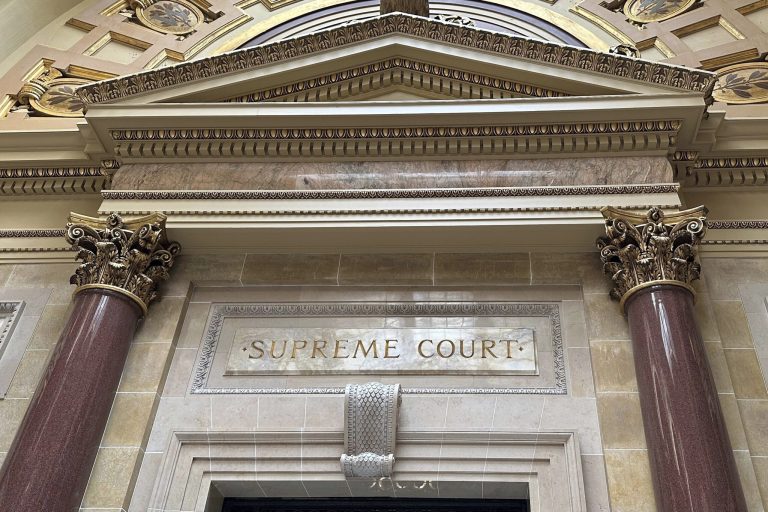Last Thursday, the Wisconsin Supreme Court issued an important decision on how the law should treat religious charitable organizations. By 4 votes to 3, it determined that certain Roman Catholic charities do not qualify for an exemption from paying Wisconsin unemployment tax. In doing so, the justices highlighted a growing problem on the part of an increasingly secular society that misunderstands Christianity.
Four charities under the Catholic Charities Bureau based in Superior, Wisconsin, requested the exemption. They focus on helping people with mental or health disabilities and people living in poverty, providing a variety of assistance with training, job placement, and other services. Under Wisconsin law, organizations run by religious groups and whose primary purpose is religious are exempt from contributing to the system.
The majority held that, although operated by the Catholic Church, these charities are not operated “primarily for religious purposes.” They defined a primary religious objective encompassing either acts of worship, evangelism, or theologically oriented education. Concerning the work of these charities, they included no liturgical action, no proselytism or religious instruction. Along the same lines, non-religious organizations can and do provide the same type of assistance to people with disabilities or those struggling with poverty. The Catholic Church had religious intentions for this work. But they were indirect or not “primary” as understood under Wisconsin law, according to the court.
Justice Annette Bradley wrote one of the dissents. She began with the famous quote from Matthew 22:21: “Render therefore to Caesar the things that are Caesar’s; and to God the things that belong to God. She argued that the majority misread the law, violated the religious provisions of the First Amendment, and thereby failed to render to God what was statutorily the legal right of the Catholic Church.
But his dissent would have done better to begin by quoting the first part of James 1:27: “Religion pure and undefiled before God and the Father is, to visit orphans and widows in their affliction. » Christianity is based on faith in God’s work to save human beings from sin and death through Jesus Christ. But God then calls us to love our neighbor by especially urging us to care for those who are vulnerable to oppression and have basic needs that they cannot meet without help. When Christians care for the poor, orphans, and weak, they do so “primarily for religious purposes.”
On this point, Bradley herself made a mistake. She argued that the majority’s reasoning betrayed a bias in favor of Protestantism over Roman Catholicism and other non-Christian religions. She said the inclusion of some element of religious instruction or evangelism made Protestant views on the relationship between faith and charity the norm for all religious groups.
However, she doesn’t have to have made this decision to win his point of view. Certain differences exist between Protestants and Catholics on the nature and place of good works in favor of salvation. The Reformation was in part about these issues, and the disagreement continues today.
CLICK HERE TO READ MORE FROM THE WASHINGTON EXAMINER
But while there may be a distinction about the exact role that works play, there is no disagreement about the necessity of good works in the Christian life. Nor is there a clear difference between parts of Christianity on the fundamental point of whether acts of charity themselves are performed primarily for religious reasons. According to all Christians, they are made to serve God by loving those who have been created in His image.
The majority of the Wisconsin Supreme Court erred in this decision. Given the First Amendment implications, the United States Supreme Court could, and indeed should, take up the case for further judicial review. Churches and other religious groups must have statutory and constitutional protection because of their faith, including how they understand their actions to live out that faith. This is an essential part of the religious freedom protected by our Constitution and one that we should cherish as a society.
Adam Carrington is an associate professor of politics at Hillsdale College.


